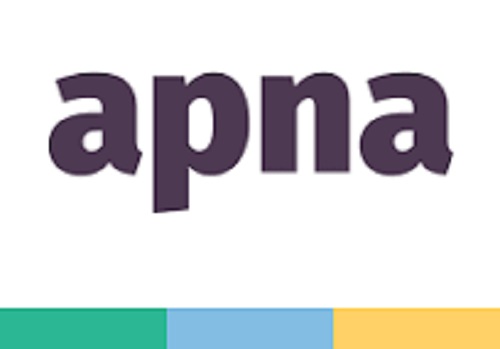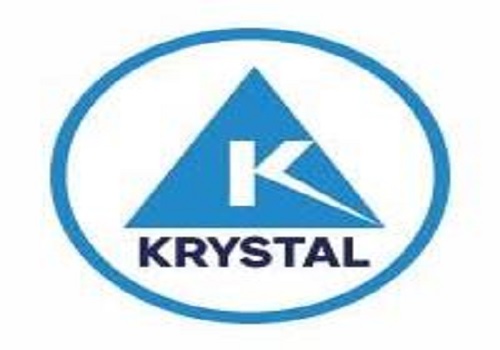7 out of 10 employers prioritize quality work and KPIs over time-punching for productivity assessment, reveals apna.co survey

Amidst the backdrop of navigating 70-hour workweeks to foster growth and productivity, apna.co - India's leading jobs and professional networking platform, recently released a comprehensive report highlighting the insights and trends regarding productivity assessment in the workforce. In contrast to the traditional approaches of measuring employees based on time and attendance tracking, 7 out of 10 employers prioritize quality work and KPIs like targets and project completion rate as the primary indicator of productivity. The move towards quality work and target completion vis-à-vis traditional time-based metrics marks a major shift in productivity assessment approaches.
Optimizing efficiency with breaks
Another key finding from the survey notes that 90% of employers acknowledge the importance of breaks in enhancing efficiency, with 13% emphasizing the crucial role of encouraging regular breaks and leaves, showcasing a commitment to fostering a positive outlook and enhancing productivity by acknowledging the significance of downtime and balance in the workplace.
Nirmit Parikh, Founder & CEO of apna.co, commented, “In today’s fast-paced work environment, effective workplace communication and a positive work environment are paramount for fostering productivity. Our survey also observed a fundamental change in the perspective of employers who are addressing productivity killers and embracing strategies to foster a positive and efficient work culture by focusing on high-quality work instead of mere time-punching, encouraging breaks and leaves.”
Employer Outlook: Remote Work vs. Office Presence
The survey further highlights that 60% of employers believe employees tend to be more productive while working from the office, signifying a significant shift in employer preferences as compared to the previous trends where remote work was more prevalent. This shift reflects a growing emphasis on work quality over mere presence.
The report also revealed that only 12% favor fully remote workers. However, around 28% see a hybrid model, combining remote and in-office work, as the most productive approach, highlighting the differing opinions on the productivity of different work arrangements, with a notable preference for traditional office-based work as well as a growing acceptance of hybrid models.
Employers’ strategy on boosting productivity
The report also reveals that 7 out of 10 employers believe that poor communication and an unhealthy work environment affect productivity in an organization. To address these concerns, they suggest actions like setting clear expectations, managing workloads efficiently, investing in training, and providing regular feedback. Additionally, over 42% of employers focus on fostering a supportive work culture to prevent burnout, while 34% highlight the importance of recognizing achievements. These strategies aim to create an environment conducive to productivity and employee satisfaction.
Apna recently conducted a comprehensive survey involving over 5,000 employers to delve into the evolving dynamics of productivity assessment in the workplace. This initiative, conducted in February 2024, aimed to explore how employers measure productivity, strategies to prevent employee burnout, and methods to minimize distractions and enhance focus during work hours. Utilizing a quantitative approach, Apna’s analysis provides valuable insights into the strategies and measures implemented by employers to optimize productivity and ensure a healthy work environment for their employees.
apna.co is dedicated to addressing the skill gap and empowering young professionals to succeed in the ever-changing job market. The insights derived from this survey will shape the creation of targeted initiatives aimed at supporting career growth and enhancing job market relevance for these individuals. As workplaces continue to evolve, it’s evident that traditional metrics for assessing productivity are transforming.
Above views are of the author and not of the website kindly read disclaimer





















